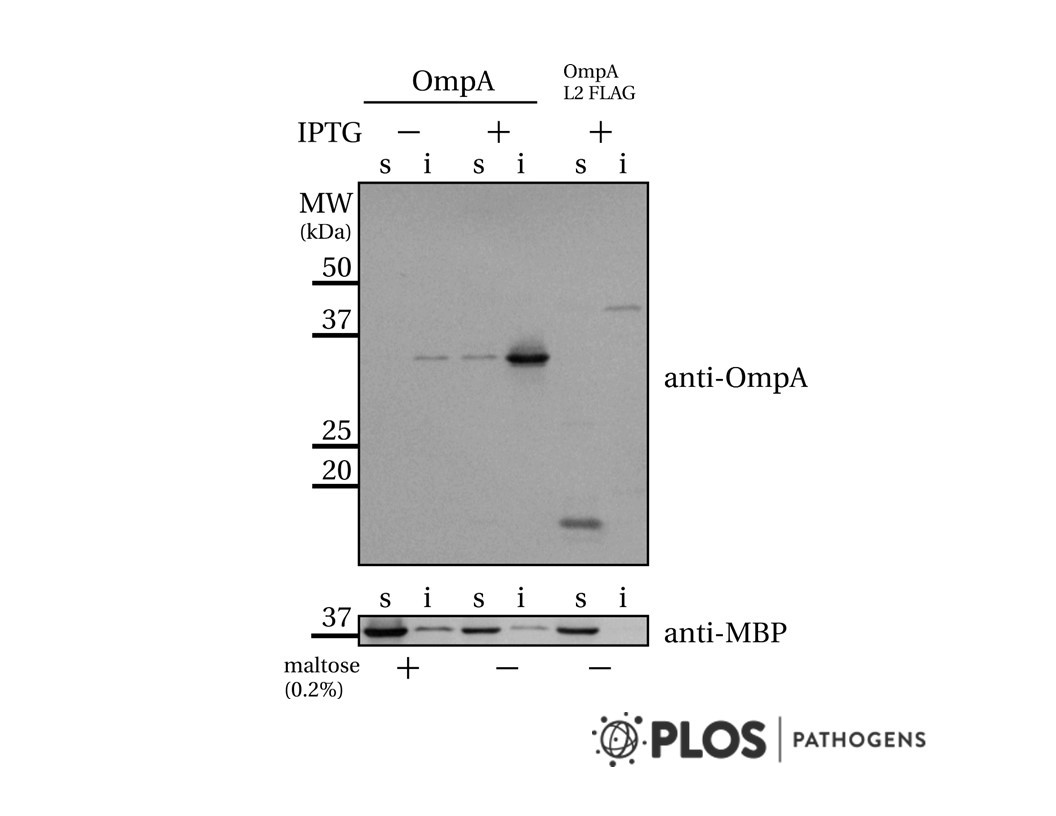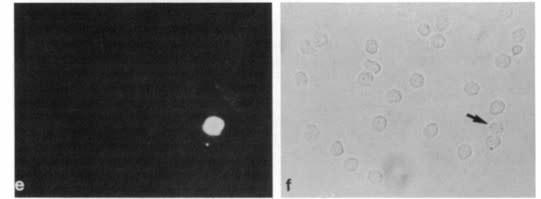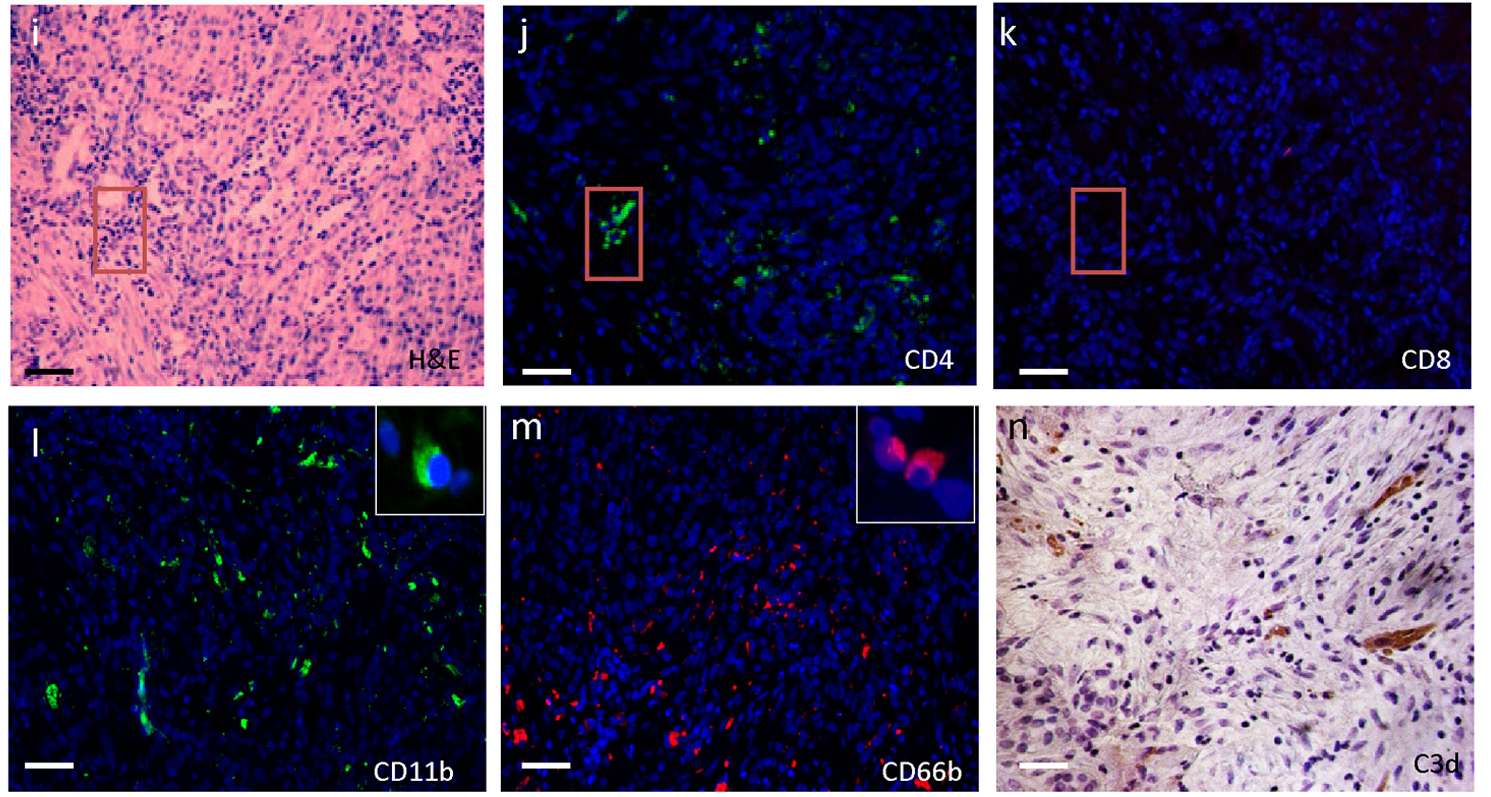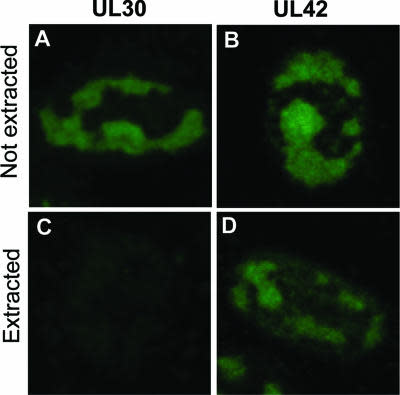
Cat. #153964
Anti-p53
Cat. #: 153964
Sub-type: Primary antibody
Unit size: 100 ug
Availability: 10-12 weeks
Target: p53
Class: Polyclonal
Application: IF ; IP ; WB
Reactivity: Human
Host: Rabbit
£300.00
This fee is applicable only for non-profit organisations. If you are a for-profit organisation or a researcher working on commercially-sponsored academic research, you will need to contact our licensing team for a commercial use license.
Contributor
Inventor: Lawrence Banks
Institute: International Centre For Genetic Engineering And Biotechnology (ICGEB)
Tool Details
*FOR RESEARCH USE ONLY
- Name: Anti-p53
- Alternate name: Tumour Protein p53, Cellular Tumour Antigen p53, Phosphoprotein p53, Antigen NY-CO-13
- Tool sub type: Primary antibody
- Class: Polyclonal
- Conjugation: Unconjugated
- Molecular weight: 53 kDa
- Reactivity: Human
- Host: Rabbit
- Application: IF ; IP ; WB
- Description: Rabbit anti-human p53 polyclonal recognises a 53kDa cytoplasmic/nuclear protein up regulated in response to DNA damage.
- Immunogen: C-terminal 14 amino acids of human p53
Target Details
- Target: p53
- Molecular weight: 53 kDa
- Target background: p53 has been described as the 'guardian of the genome' because of its role in conserving stability by preventing genome mutation. The TP53 gene is the most frequently mutated gene (>50%) in human cancer.
Applications
- Application: IF ; IP ; WB
Handling
- Format: Liquid
- Concentration: 0.9-1.1 mg/ml
- Unit size: 100 ug
- Storage buffer: Serum
- Storage conditions: -15° C to -25° C
- Shipping conditions: Shipping at 4° C
References
- Thomas et al. 1999. Mol Cell Biol. 19(2):1092-100. PMID: 9891044.
- Two polymorphic variants of wild-type p53 differ biochemically and biologically.
- Thomas et al. 1996. Oncogene. 13(3):471-80. PMID: 8760288.
- HPV-18 E6 inhibits p53 DNA binding activity regardless of the oligomeric state of p53 or the exact p53 recognition sequence.






